NEWS
27 Foods Most People Don’t Know Are Banned In America
Published
3 months agoon
While the United States is home to an impressive variety of foods, there are certain items that are outright banned. These foods have been prohibited for reasons ranging from safety concerns to ethical or environmental issues. Some of these bans might surprise you, as they involve items that are legal and even popular in other countries. Here are 27 foods most people don’t know are banned in America.
Haggis
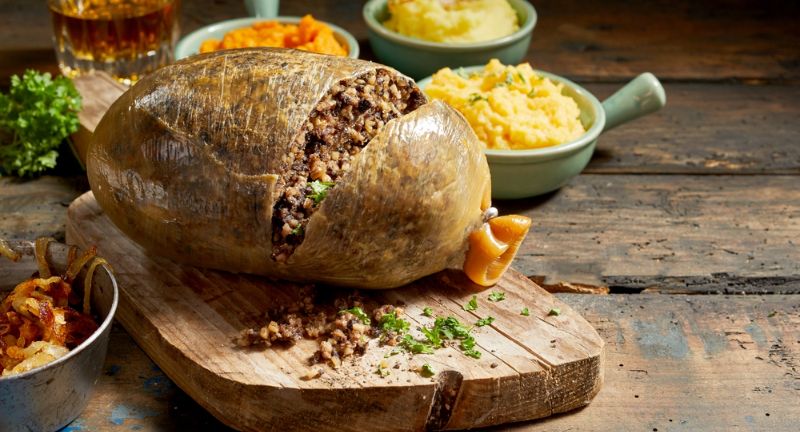
Shutterstock
Haggis, a traditional Scottish dish made from sheep’s organs, is banned in the U.S. because it contains sheep lung. The USDA prohibits the sale of animal lungs for human consumption due to health concerns. While it remains a beloved delicacy in Scotland, Americans won’t find authentic haggis in their stores or restaurants. Imported versions are often modified to comply with U.S. regulations.
Kinder Surprise Eggs
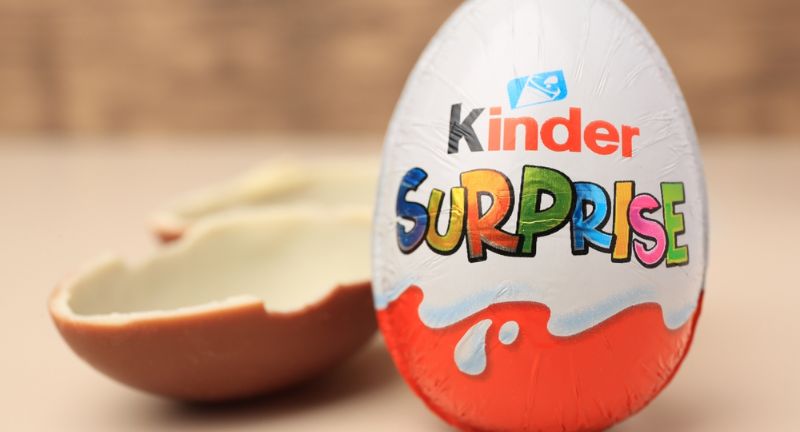
Shutterstock
The original Kinder Surprise Eggs are banned in the U.S. because the FDA prohibits embedding non-edible objects inside food items. This law aims to prevent choking hazards for children. While Kinder Joy, a similar product with a separate compartment for the toy, is available in the U.S., the classic Kinder Egg remains off-limits. This hasn’t stopped many from sneaking them in from abroad.
Beluga Caviar
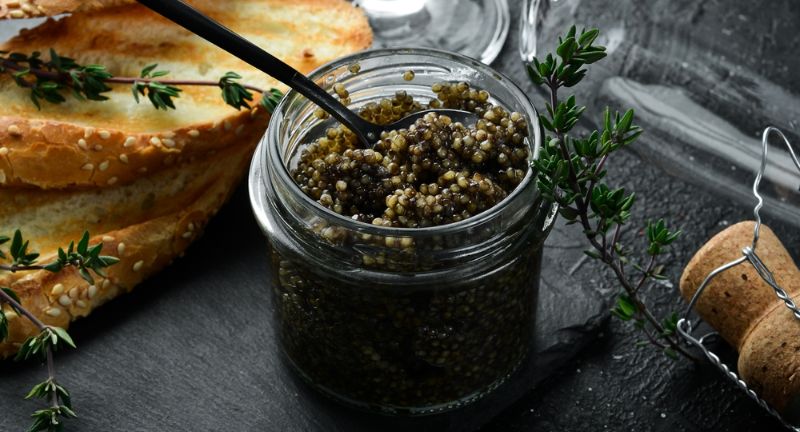
Shutterstock
Beluga caviar, sourced from the endangered beluga sturgeon, is banned in the U.S. to protect the species. The fish, native to the Caspian and Black Seas, has faced population decline due to overfishing and habitat loss. The U.S. Fish and Wildlife Service prohibits the import of this luxurious delicacy. However, alternatives like farmed caviar are available for those seeking a similar experience.
Absinthe with High Thujone Levels
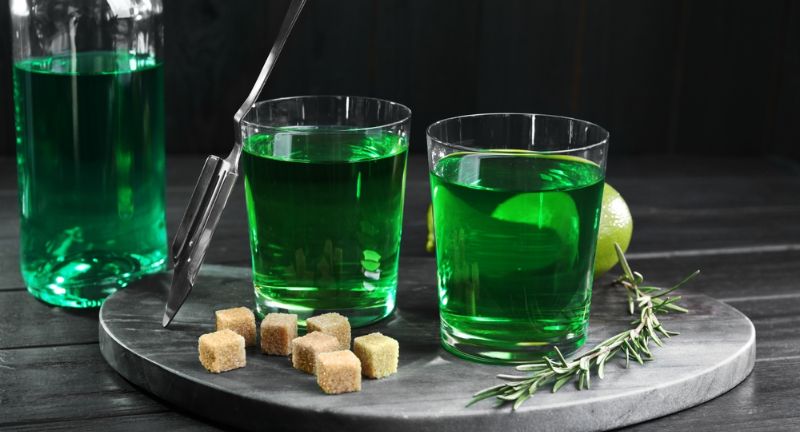
Shutterstock
Absinthe is legal in the U.S., but only if it contains less than 10 parts per million of thujone, a compound found in wormwood. Historically associated with hallucinations, thujone’s reputation led to strict regulations. While modern absinthe is available, it lacks the potent thujone levels of its historical counterpart. Authentic, high-thujone absinthe remains banned.
Unpasteurized Milk
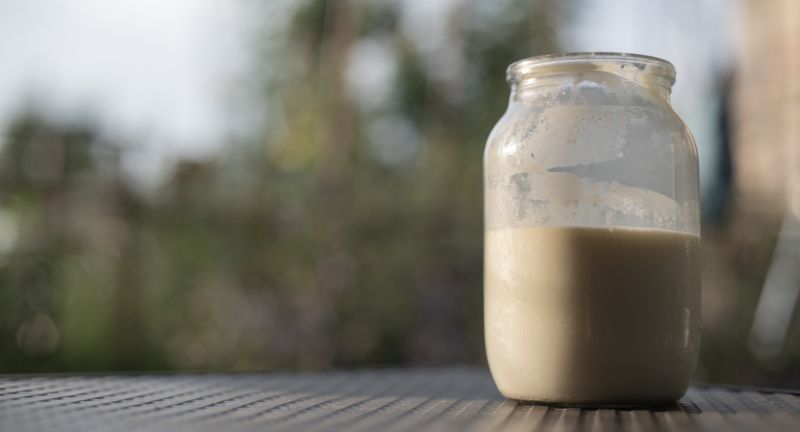
Shutterstock
Raw milk is banned in many U.S. states due to concerns about harmful bacteria like Salmonella and E. coli. Federal law prohibits its interstate sale, though some states allow it under strict conditions. Advocates claim raw milk offers health benefits, but the FDA maintains that pasteurization is essential for safety. The debate continues among health enthusiasts and regulators.
Fugu (Pufferfish)
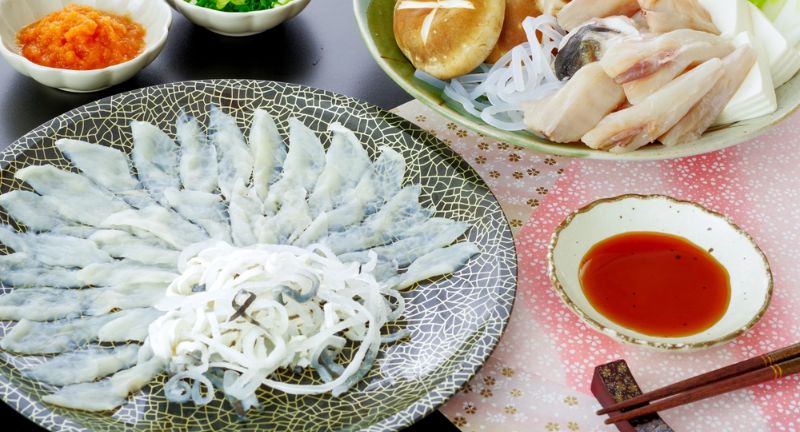
Shutterstock
Fugu, a Japanese delicacy made from pufferfish, is highly toxic if not prepared correctly. Only certified chefs in Japan are allowed to handle the fish. In the U.S., its import and sale are tightly regulated, and many restaurants avoid serving it altogether. The risk associated with fugu makes it a rare and controversial dish in American dining.
Shark Fins
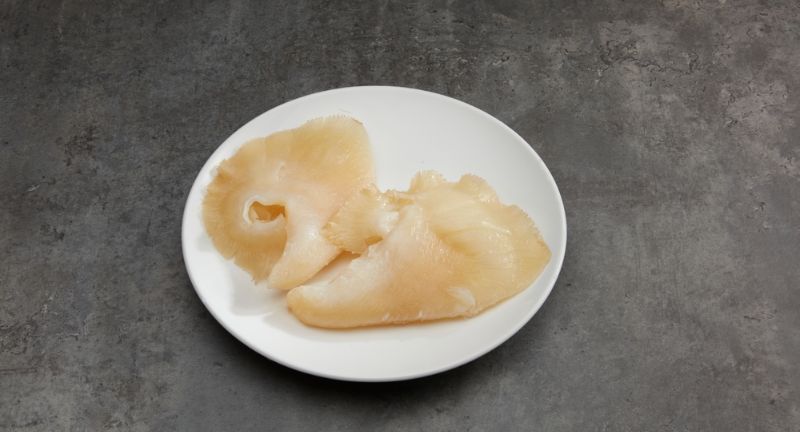
Shutterstock
Shark finning is banned in the U.S. due to its devastating impact on shark populations. While the practice is prohibited, the sale of shark fins remains legal in some states. Conservation efforts have led to stricter regulations, and many restaurants no longer serve shark fin soup. The ban aims to protect marine ecosystems and promote sustainable fishing practices.
Horse Meat
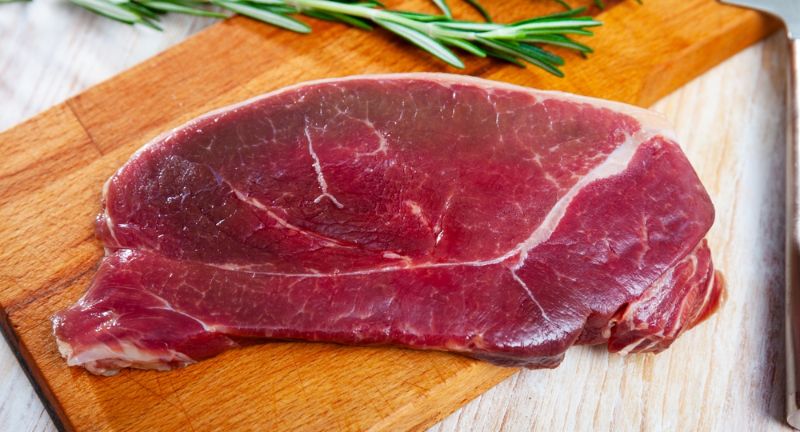
Shutterstock
Although horse meat is consumed in many countries, it’s effectively banned in the U.S. due to cultural taboos and a lack of slaughterhouses for horses. Federal funding for horse meat inspections was halted, making it illegal to process and sell. The ban reflects ethical concerns and public sentiment rather than health issues.
Ortolan Bunting

Shutterstock
The ortolan bunting, a small songbird, is considered a delicacy in France but is banned in the U.S. due to its endangered status. The practice of preparing the bird, which involves drowning it in brandy, also raises ethical concerns. U.S. wildlife protection laws prohibit its import and consumption. The ban highlights conservation priorities over culinary traditions.
Casu Marzu
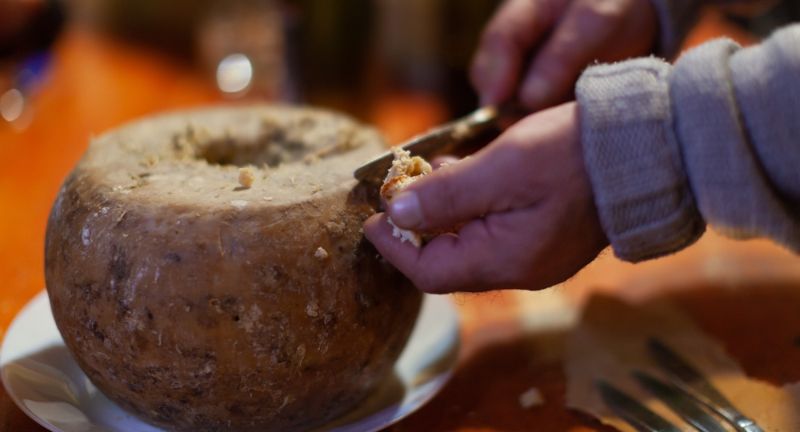
Shutterstock
Casu Marzu, a Sardinian cheese containing live insect larvae, is banned in the U.S. due to health risks. The larvae, which contribute to the cheese’s unique texture and flavor, are considered unsanitary by FDA standards. Despite its cultural significance in Sardinia, this controversial delicacy is unlikely to appear on American shelves. Food safety regulations trump tradition in this case.
Ackee Fruit
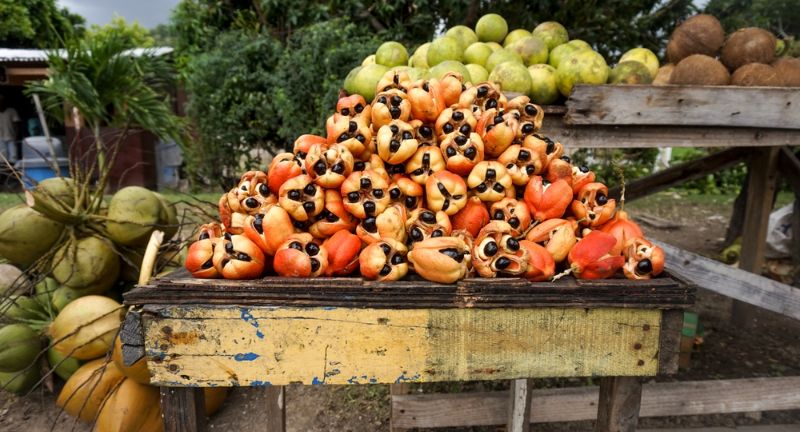
Shutterstock
Ackee, the national fruit of Jamaica, is banned in the U.S. unless it is imported in a processed form. Its seeds and unripe flesh contain hypoglycin, a toxin that can cause vomiting sickness. While canned ackee is allowed, fresh ackee fruit remains prohibited for safety reasons. This restriction ensures the prevention of accidental poisoning.
Queen Conch
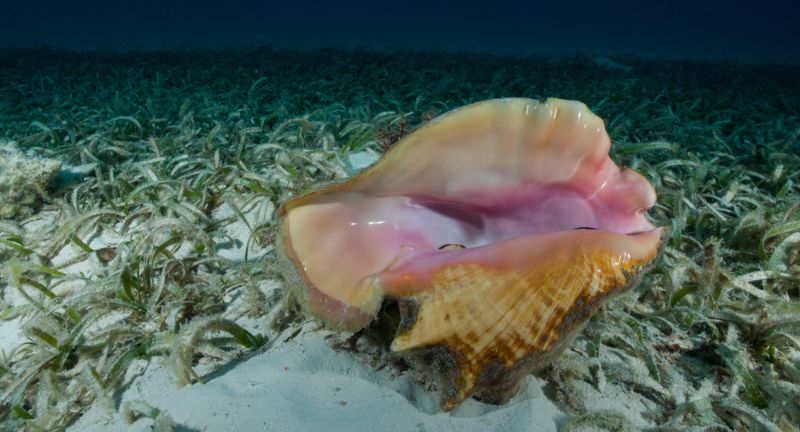
Shutterstock
The queen conch, a large sea snail, is banned in the U.S. due to overfishing and habitat destruction. This iconic Caribbean delicacy is protected to preserve its population and marine ecosystems. While farmed conch is an option, wild-caught queen conch cannot be imported. Conservation efforts ensure this species avoids extinction.
Black Pudding
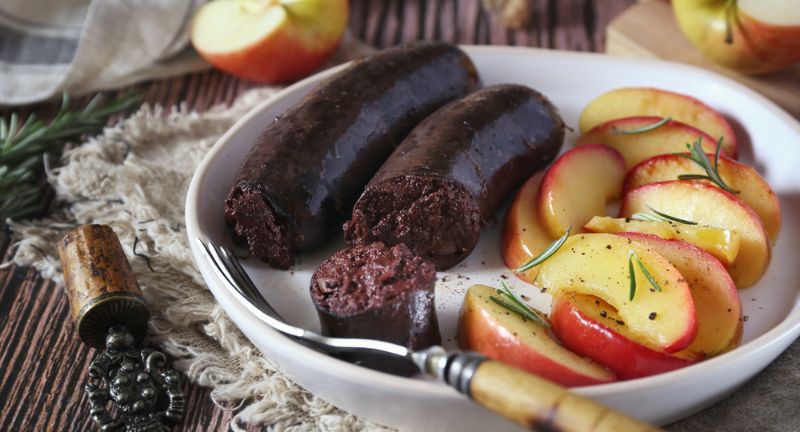
Shutterstock
Black pudding, a blood sausage popular in the UK, is restricted in the U.S. due to laws against using animal blood in food. The FDA’s strict safety standards prohibit the import and production of this traditional dish. While substitutes exist, authentic black pudding is unavailable. The ban reflects concerns over foodborne illnesses.
Silver Pomfret Fish
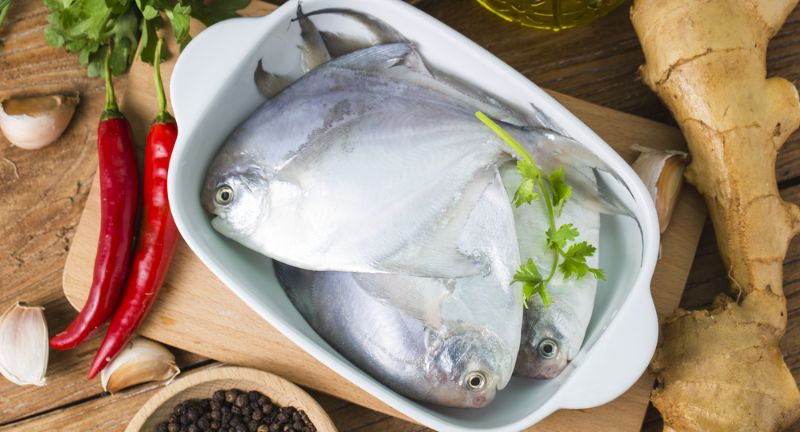
Shutterstock
Silver pomfret, a fish popular in Asian cuisine, is banned in the U.S. because of its potential to carry toxins. The FDA has flagged certain pomfret species as unsafe due to health risks. Substitutes like butterfish or white pomfret are allowed, but authentic silver pomfret remains restricted. This ban prioritizes consumer safety over culinary tradition.
Unpasteurized Cheese
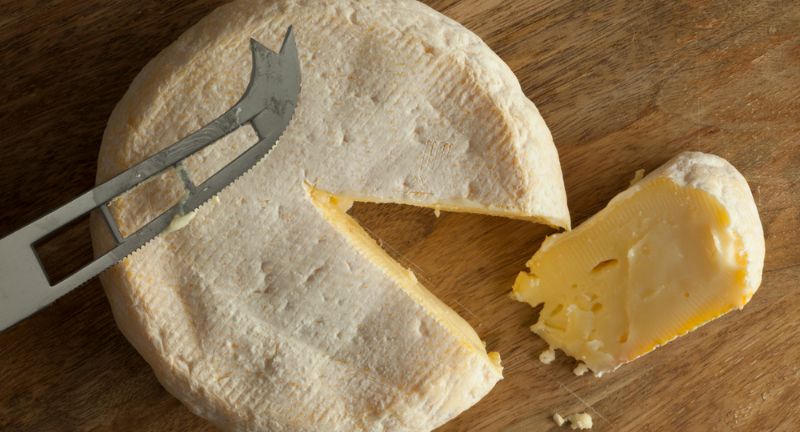
Shutterstock
Unpasteurized cheese aged less than 60 days is banned in the U.S. due to the risk of harmful bacteria like Listeria. While some raw milk cheeses meet the aging requirement, fresh varieties such as raw milk Brie are prohibited. The rule ensures food safety, though it frustrates cheese enthusiasts. Imported alternatives often comply with these regulations.
Sassafras Oil

Shutterstock
Sassafras oil, once used in root beer and traditional remedies, is banned in the U.S. due to its safrole content, which is linked to cancer. The FDA prohibits its use in food and beverages, though synthetic alternatives are available. The ban prioritizes consumer health, replacing tradition with safer substitutes.
Redfish
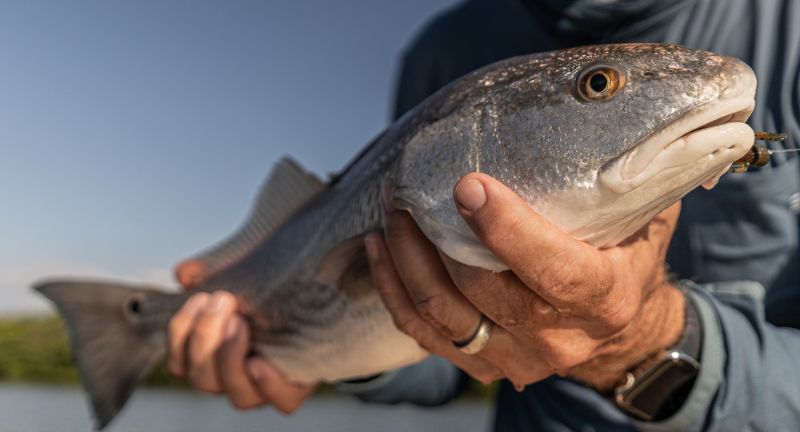
Shutterstock
Redfish, also known as red drum, is banned in the U.S. due to overfishing. The species faced near extinction in the 1980s, prompting strict conservation measures. While farm-raised redfish is available, wild-caught red drum is prohibited to allow populations to recover. This ban ensures the preservation of marine ecosystems.
Pig Blood Cake
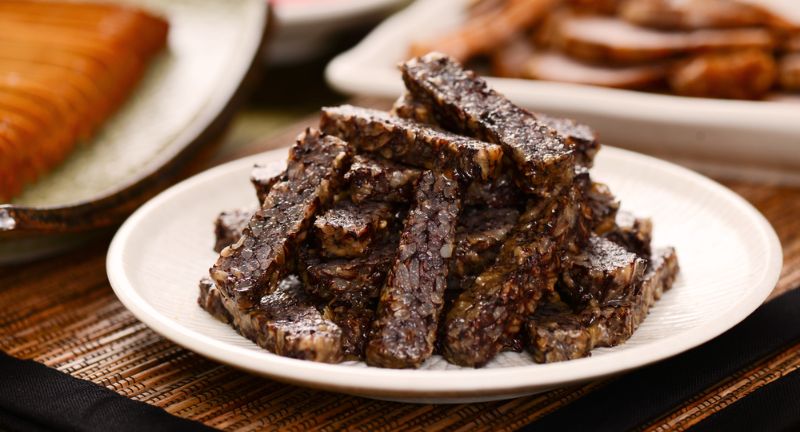
Shutterstock
Pig blood cake, a Taiwanese street food made from pork blood and sticky rice, is banned in the U.S. due to FDA restrictions on animal blood in food. This savory snack is cherished abroad but unavailable stateside. The ban highlights the strict food safety standards enforced by U.S. regulators.
Foie Gras in Certain States
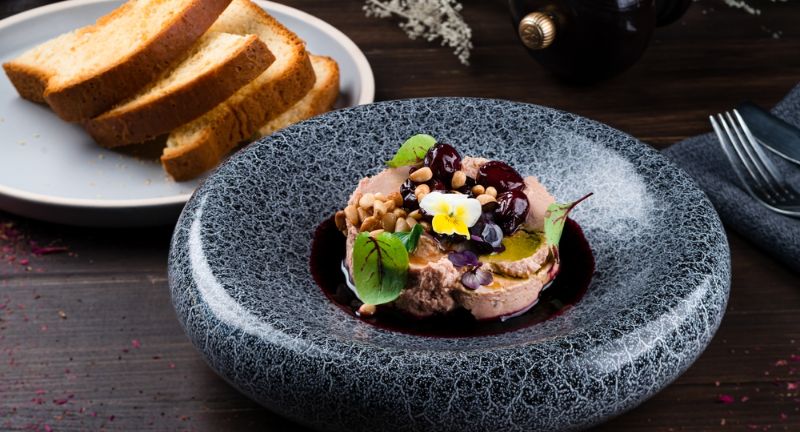
Shutterstock
Foie gras, a luxury food made from the liver of a force-fed duck or goose, is banned in states like California due to animal cruelty concerns. These bans target the production and sale of foie gras within state borders. While the delicacy remains legal in other parts of the U.S., its ethical implications spark heated debates.
Bird’s Nest Soup
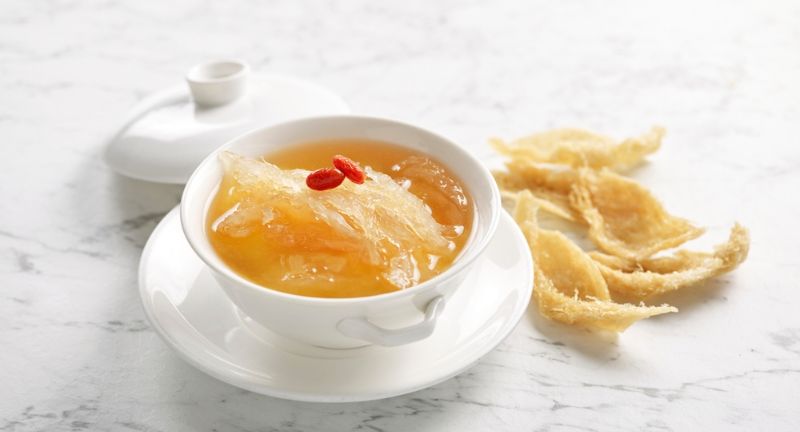
Shutterstock
Bird’s nest soup, a Chinese delicacy made from edible swiftlet nests, is banned in the U.S. unless thoroughly inspected. The nests can carry harmful contaminants like bird flu. FDA regulations ensure public health, limiting the import of this costly and traditional dish. Strict guidelines govern its availability in the American market.
Japanese Milk Bread

Shutterstock
Japanese milk bread, known for its fluffy texture, is banned in its original form due to certain additives not approved by the FDA. Ingredients like potassium bromate, a dough conditioner, are prohibited in the U.S. Americanized versions of the bread exist but differ from the authentic product. This ban ensures compliance with U.S. food safety standards.
Mirabelle Plums
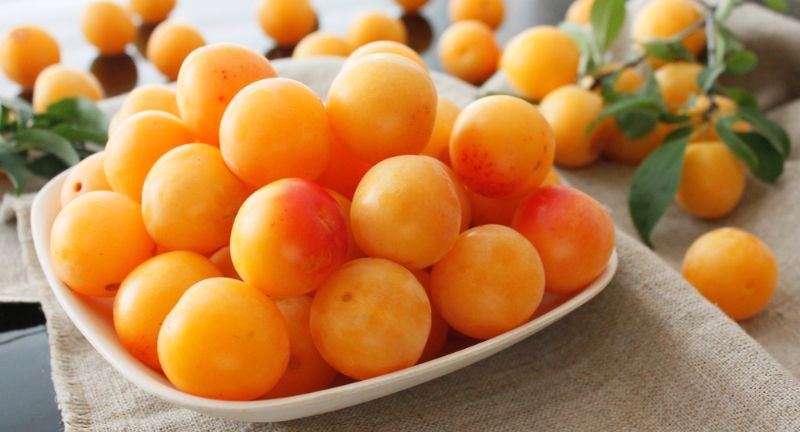
Shutterstock
Mirabelle plums, a specialty of Lorraine, France, are banned from import to the U.S. due to agricultural restrictions. These small, sweet plums are protected by their geographic indication, making them exclusive to their region. The ban preserves the authenticity of the product but limits its availability to Americans. Imported alternatives are not the same.
European Blackcurrants
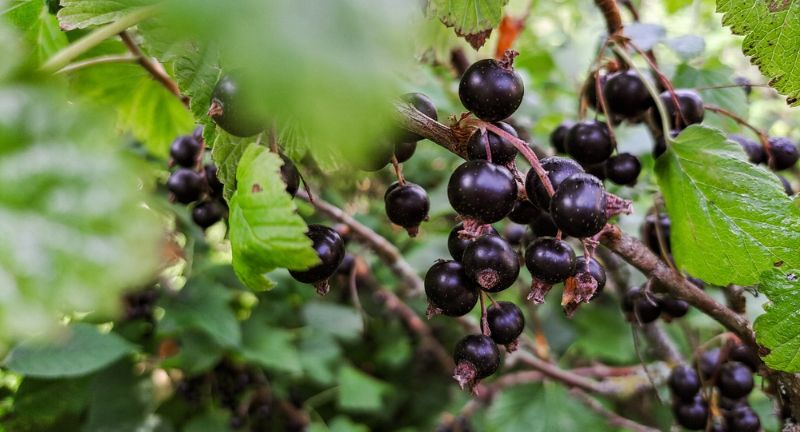
Shutterstock
Blackcurrants were banned in the U.S. for nearly a century due to their role in spreading a fungus that threatened pine trees. While the federal ban was lifted, many states still restrict their cultivation. The fruit remains rare in the American market, limiting its use in traditional recipes. Environmental concerns continue to influence its availability.
Raw Cashews
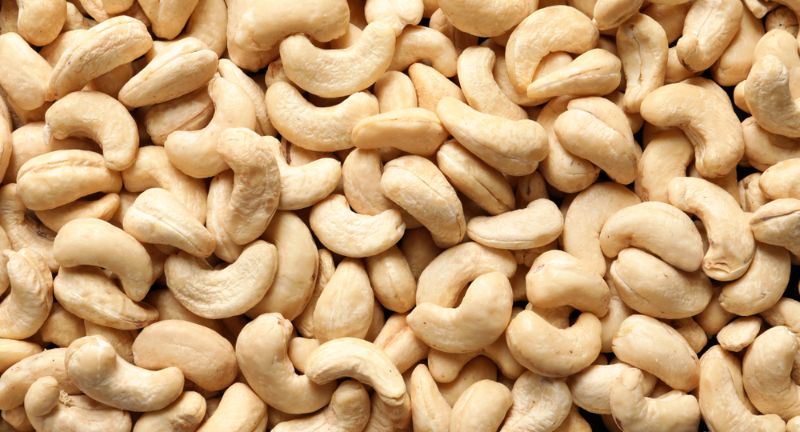
Shutterstock
Raw cashews, often sold as “raw” in stores, are actually steamed to remove toxic oils. True raw cashews are banned in the U.S. because they contain urushiol, the same irritant found in poison ivy. The processing ensures consumer safety while still providing the popular snack. The ban prevents accidental poisoning from unprocessed nuts.
Wild Beluga Whale Meat
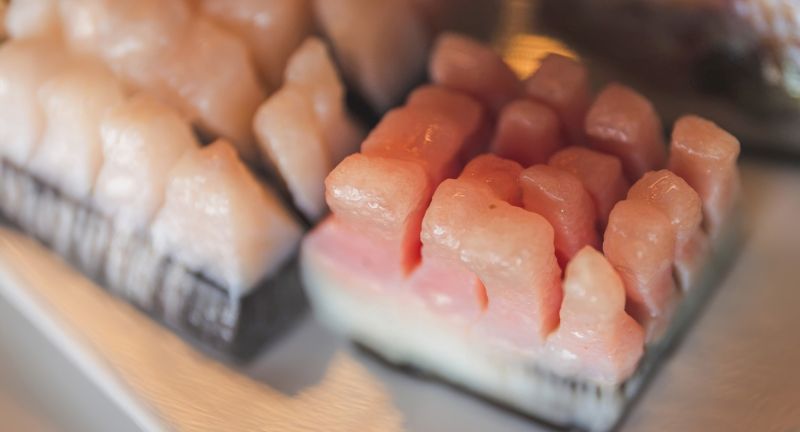
Shutterstock
Beluga whale meat is banned in the U.S. to protect the species from overhunting. The marine mammal is listed as endangered, and its meat cannot be imported or sold. This ban aligns with international efforts to conserve marine biodiversity. Ethical concerns also drive the prohibition of this traditional delicacy in some cultures.
Tonka Beans
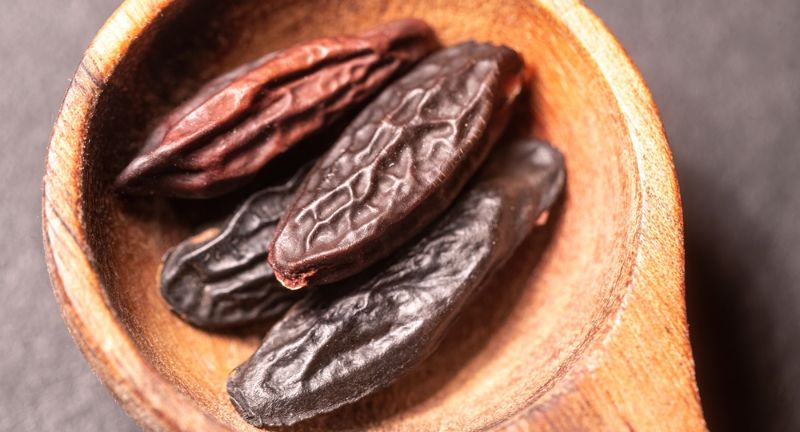
Shutterstock
Tonka beans, used in perfumes and desserts, are banned in the U.S. due to their coumarin content, which is linked to liver damage. Despite their aromatic appeal, the FDA prohibits their use in food. Chefs often find creative ways to replicate the bean’s flavor using approved ingredients. The ban prioritizes health over culinary innovation.
Wild Gooseberries
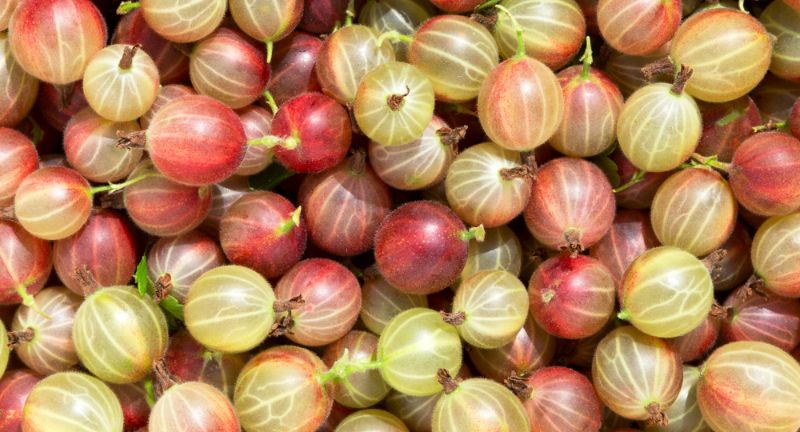
Shutterstock
Wild gooseberries are restricted in many U.S. states due to their role in spreading white pine blister rust, a disease harmful to trees. While cultivated varieties are available, wild gooseberries face bans to protect forestry. This regulation balances agricultural needs with consumer demand for the tart fruit. Alternatives are often used in recipes calling for gooseberries.
Conclusion
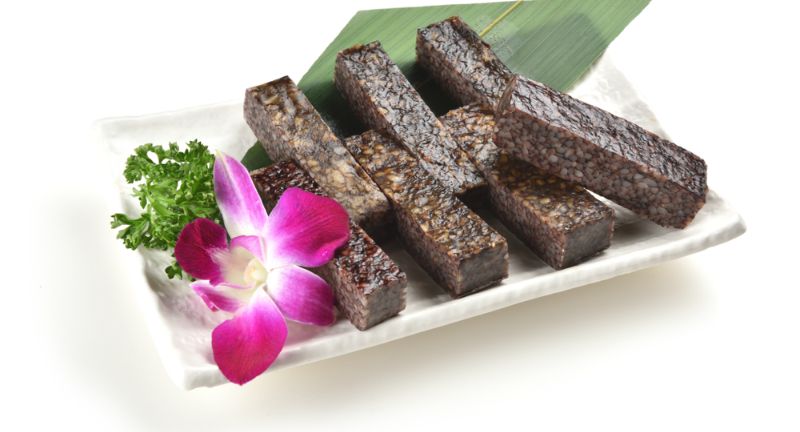
Shutterstock
The foods banned in America often reflect a balance between safety, ethics, and environmental concerns. While some of these bans protect consumers, others aim to preserve endangered species or uphold cultural standards. Understanding these prohibitions highlights the complexities of food regulations and their impact on what’s available at your table. Whether you agree with the bans or not, they shape America’s culinary landscape in surprising ways.
More From Local News X
-


20 Healthy Food Items That Should Be On Every American’s…
-


Watch left side of screen. Kaboom vault blew on slauson…
-


People Evacuated from Boston Subway Due to Smoke
-


The 20 Unhealthiest Foods In The US To Avoid At…
-


19 Major Regrets That You Need To Avoid With Social…
-


Heavy Flooding in Miami Traps People and Submerges Cars
-


23 Identifiers That You’re Working Too Much
-


Theres a war in our country, Parkland shooting victims father…
-


20 Things Baby Boomers Do That Annoy Absolutely Everyone
-


Large Boats Catches on Fire in English Harbor
-


16 Tell-Tale Signs of a Water Damaged Car
-


Debris falls from sky into neighbor’s yard in Pottstown, PA…
